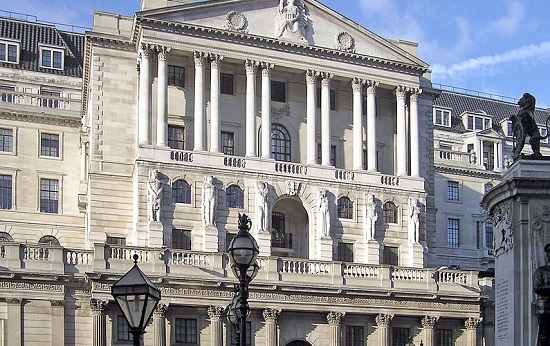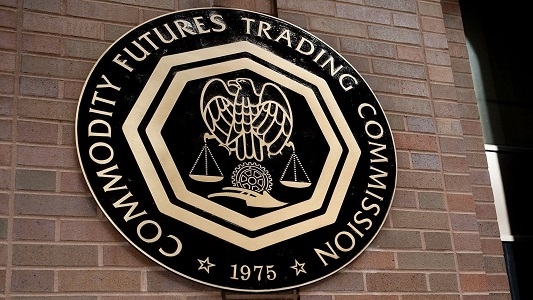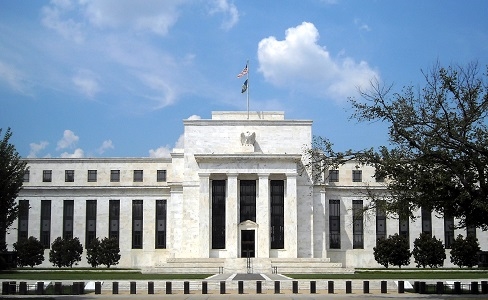Derivatives body ISDA part of 'smart contract' blockchain group

Derivatives body ISDA is part of a new working group looking at how banks can trade and manage securities on distributed and shared ledgers.
Barclays, law firm Norton Rose Fulbright and academics at University College London (UCL) are also involved in the project, backed by blockchain consortium R3.
Initially the firms will explore the development of repositories of smart contract templates for banks to download and use on blockchain platforms.
Currently each bank stores its own instance of contracts for products such as interest rate swaps, which can introduce inconsistencies and reconciliation challenges.
Smart contracts operating on distributed and shared ledgers enable each of the parties to see the same agreed set of legal documents.
The term “smart contract” has no clear and settled definition.
In basic terms, they exist as computer code, directly controling the transfer of digital currencies or assets between parties under certain conditions.
Back in April, a Barclays’ presentation in London was the first public demonstration of an application using R3’s prototype Corda distributed ledger platform.
It showed a smart contract templates prototype creating an ISDA agreement and an interest rate swap trade that then executed as a smart contract through R3’s technology.
Over the long-term, ISDA and other R3 members aim to working with the legal community and academics to investigate how to take smart contracts to a point where they can be admissible in court and used for entry into dispute resolution.
“Technology is becoming ever more important in derivatives markets, as participants look for ways to enhance the efficiency of their operations,” said Clive Ansell, head of market infrastructure and technology at ISDA.
“ISDA is committed to supporting innovations in technology, and smart contracts represent one area where considerable opportunity exists. Our existing suite of derivatives documentation, developed over many years, provides a basis to explore this further. “
Sean Murphy, head of global distributed ledger and Blockchain Practice at Norton Rose Fulbright LLP, added that smart contracts are receiving significant commercial attention, and for good reason.
“Smart contracts have the potential to transform businesses and deliver significant cost savings by automating and streamlining contracting processes.
“However, careful legal and regulatory analysis will be required as part of the risk assessment involved in using this technology.”
Found this useful?
Take a complimentary trial of the FOW Marketing Intelligence Platform – the comprehensive source of news and analysis across the buy- and sell- side.
Gain access to:
- A single source of in-depth news, insight and analysis across Asset Management, Securities Finance, Custody, Fund Services and Derivatives
- Our interactive database, optimized to enable you to summarise data and build graphs outlining market activity
- Exclusive whitepapers, supplements and industry analysis curated and published by Futures & Options World
- Breaking news, daily and weekly alerts on the markets most relevant to you




